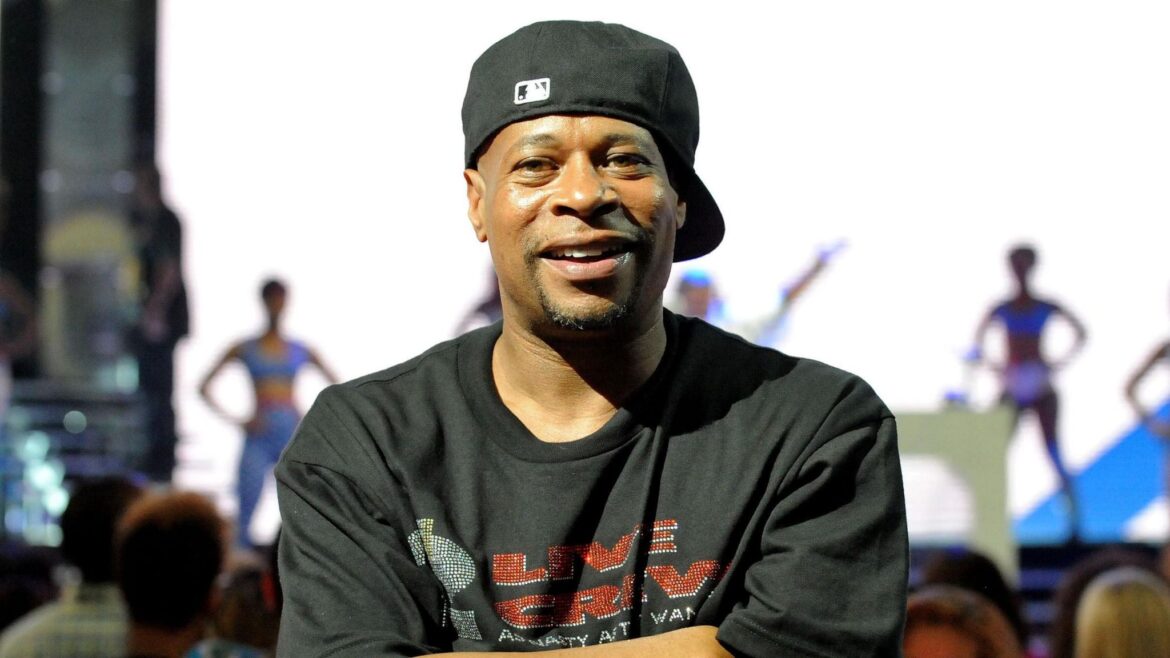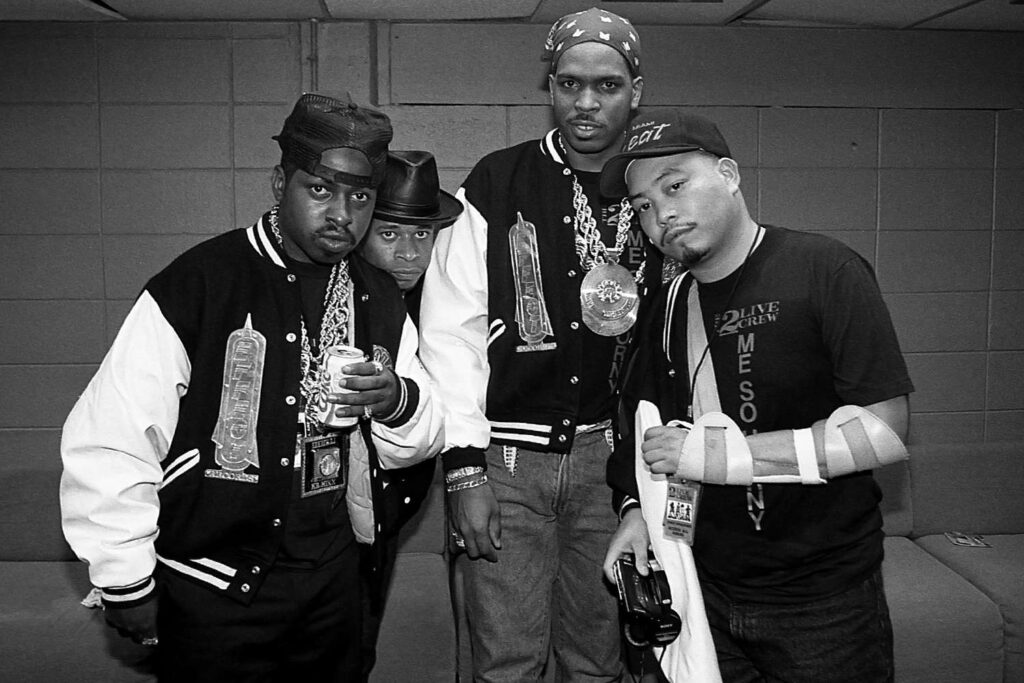
Mark D. Ross (April 2, 1967 – June 3, 2024), better known by his stage name Brother Marquis, was an influential American rapper and a pioneering figure in the Miami bass genre. His contributions to hip-hop, particularly in the Southern United States, were instrumental in shaping the sound and culture of an era.
Early Life and Beginnings in Music
Mark D. Ross was born in Rochester, New York, and raised in a musically inclined family. Exposed to various genres of music from an early age, he developed a deep appreciation for rhythm and lyrics, which eventually led him to explore rap. As hip-hop culture began to emerge in the late 1970s and early 1980s, Ross was captivated by the genre’s raw energy and storytelling potential. He found inspiration in the works of early rap pioneers such as Grandmaster Flash and the Furious Five, Kurtis Blow, and Run-D.M.C., whose tracks were beginning to dominate the airwaves.
In the mid-1980s, Ross moved to Miami, Florida, a decision that would significantly impact his career trajectory. Miami, at that time, was becoming a hub for a new, bass-heavy sound that was distinctly different from the hip-hop emerging from New York. This genre, known as Miami bass, was characterized by its deep 808 bass, fast-paced rhythms, and often explicit lyrics. It was here that Ross would adopt the moniker Brother Marquis and begin to carve out his place in music history.
2 Live Crew and Rise to Fame
Brother Marquis is best known for his role in the controversial and influential group 2 Live Crew. Formed in the mid-1980s, 2 Live Crew originally started as a California-based group but later relocated to Miami, where they found their signature sound. In 1986, Brother Marquis joined the group alongside founding members Mr. Mixx (David Hobbs), Fresh Kid Ice (Christopher Wong Won), and Luther Campbell, also known as Uncle Luke.

2 Live Crew became synonymous with Miami bass and was notorious for their explicit lyrics and provocative themes, which often courted controversy. Their album “As Nasty As They Wanna Be,” released in 1989, became a landmark in the music industry, not just for its success but also for its legal battles. The album was the first in history to be legally declared obscene by the U.S. government, a ruling that was later overturned on appeal. This legal battle, spearheaded by Luther Campbell with Brother Marquis as a prominent member, was a pivotal moment in the fight for free speech in music.
Brother Marquis was a key contributor to the group’s distinctive sound and lyrical style. His deep voice and rhythmic flow became a signature element of 2 Live Crew’s music. Tracks like “Me So Horny” and “Hoochie Mama” showcased his ability to blend humor, social commentary, and explicit content in a way that resonated with a wide audience, despite the controversy.
Legacy and Influence
Brother Marquis’s work with 2 Live Crew had a lasting impact on the music industry, particularly in the Southern United States. The group’s success helped to establish Miami as a major center for hip-hop and paved the way for future Southern rap artists. Miami bass itself became a foundational genre that influenced many other subgenres, including crunk and trap music.
Beyond his work with 2 Live Crew, Brother Marquis also pursued solo projects and collaborations with other artists. His solo work, while never achieving the same level of commercial success as 2 Live Crew, was nonetheless significant for its continued exploration of Miami bass and its contribution to the broader hip-hop landscape. He remained an active figure in the music scene throughout the 1990s and 2000s, performing and producing music that stayed true to the bass-heavy roots he helped to popularize.
Brother Marquis was not just a rapper; he was also a cultural icon who played a significant role in the debates over censorship and artistic freedom. The controversy surrounding 2 Live Crew’s lyrics brought national attention to issues of free speech, particularly in the context of rap music, which was often stigmatized and misunderstood by mainstream society.
Final Years and Death
In his later years, Brother Marquis continued to be involved in music, albeit on a smaller scale. He performed at various events and occasionally reunited with 2 Live Crew members for performances that celebrated the legacy of their groundbreaking work. Despite the changing landscape of the music industry, his influence remained evident in the works of younger artists who drew inspiration from Miami bass and the rebellious spirit of 2 Live Crew.
Brother Marquis died from a heart attack on June 3, 2024, in his home in Gadsden, Alabama at the age of 57.
His death marked the end of an era, but his legacy lives on through the countless artists and fans who were influenced by his music. He was remembered not just as a rapper but as a pioneer who helped to shape the sound and culture of Southern hip-hop. His contributions to the genre and his role in the fight for artistic freedom ensure that Brother Marquis will remain a significant figure in the history of American music.
Brother Marquis’s career was defined by innovation, controversy, and a commitment to artistic expression. As a member of 2 Live Crew, he helped to create a new sound that was unapologetically bold and brash, reflecting the realities and attitudes of life in Miami’s urban communities. His work not only entertained but also challenged societies norms and pushed the boundaries of what was acceptable in popular music. Brother Marquis’s legacy is a testament to the power of music as a tool for both expression and change.
Check out 2 Live Crew on Amazon.
If you found this interesting please share it with friends and family, and have a look at more of our articles on Musicians who died in 2024.
.

